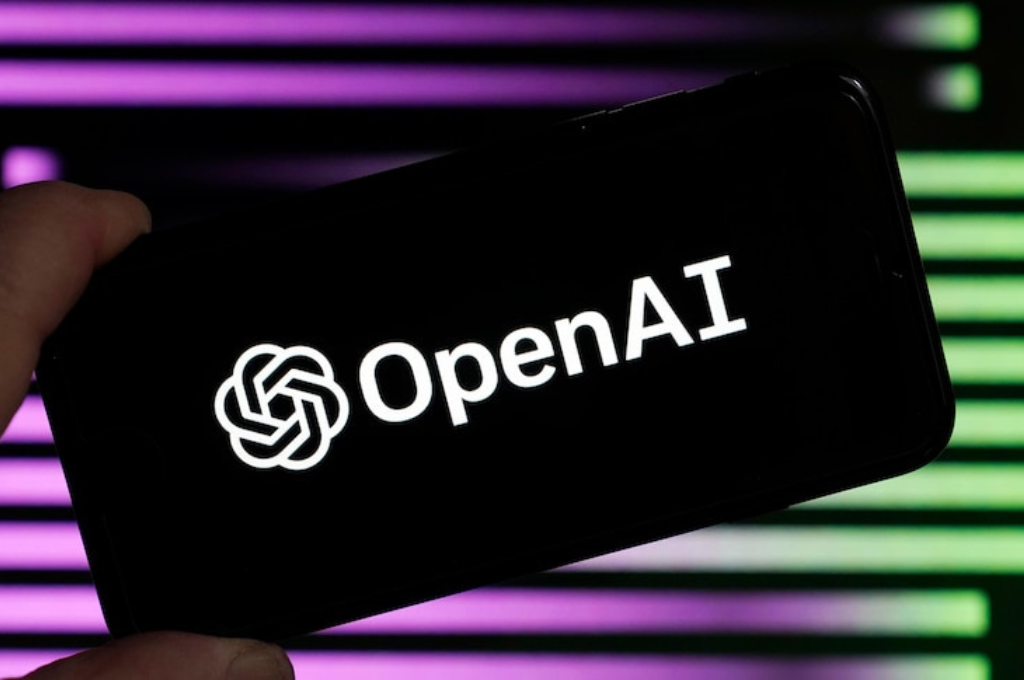In a pivotal step to improve AI governance, OpenAI has unveiled a distinctive grant program that calls for innovative ideas to incorporate democratic processes into AI rule-setting. This move is an attempt to ensure AI systems align with public interest and operate within the legal ambit.
OpenAI, cognizant of the increasing safety concerns around AI systems, is offering ten grants of $100,000 each. These grants will fund experiments aiming at establishing democratic procedures to regulate AI systems’ behavior within legal boundaries, as per OpenAI’s recent statement.
According to OpenAI, AI regulations should mirror a diverse array of perspectives, reflecting the public’s interest. Much like societal norms, AI systems require adaptive, nuanced guidelines beyond just a legal framework, the organization asserts.
OpenAI interprets the term “democratic process” as a transparent, decision-making procedure where a representative group of people discuss, exchange views, and arrive at a conclusion. It urges applicants to utilize known methodologies innovatively and invent new approaches for structuring this process.
The organization draws inspiration from creative approaches seen in Wikipedia, Twitter Community Notes, DemocracyNext, Platform Assemblies, MetaGov, RadicalxChange, People Powered, Collective Response Systems, and pol.is. It is also collaborating with the Collective Intelligence Project (CIP) to solicit public input to AI and contribute to its future Alignment Assemblies.
OpenAI’s grant is primarily aimed at model behavior policy questions, allowing A/B tests with altered model behavior per policy recommendations. Although recognizing the grant’s limitations, OpenAI encourages the exploration of more AI issues through this democratic process, such as usage guidelines, economic impacts, benefit distribution, and more.
This initiative follows recent statements from OpenAI’s CEO, Sam Altman, to US lawmakers. Expressing concerns over AI’s potential societal changes, he underscored the necessity for robust regulations to address ethical, legal, and national security issues. Altman proposed a US or global agency to license, regulate, and ensure AI systems comply with safety standards.
News based on the article on marketing-interactive.com.

















